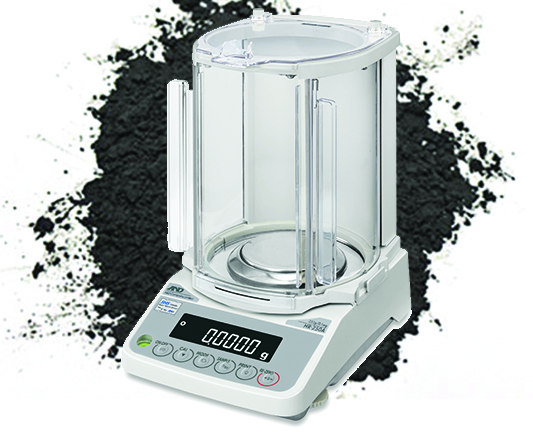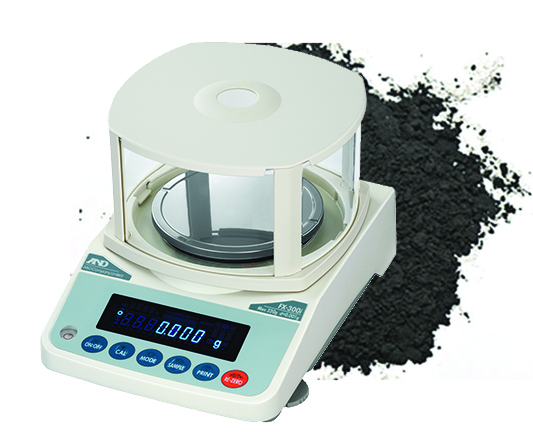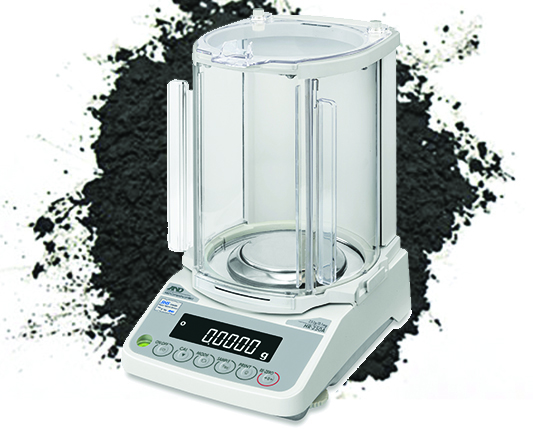Reloading ammunition is a rewarding practice for firearm enthusiasts, offering customization, cost savings, and a deeper understanding of ballistics. However, the success of this process hinges on one critical factor: precision. Accurate reloading not only enhances shooting performance but also ensures safety, and at the heart of this precision is the reloader scale.
The Role of Precision in Reloading Ammunition
Reloading involves measuring and dispensing gunpowder into casings to achieve optimal performance. Even slight deviations in weight can have significant consequences:
- Safety Concerns
Overcharging a cartridge can result in excessive pressure, potentially damaging your firearm or causing serious injury. Undercharging, on the other hand, may lead to misfires or inconsistent performance. A precise reloader scale eliminates guesswork, ensuring every load is within safe parameters. - Performance Optimization
Ammunition consistency is vital for accuracy, especially in competitive shooting or hunting. A precise powder charge produces uniform bullet velocities, resulting in tighter groupings and more reliable trajectories. - Cost Efficiency
Precision reduces waste. Proper measurements prevent overuse of gunpowder and ensure you get the most out of your materials.
Understanding Reloader Scales
Reloader scales are specialized tools designed to measure small quantities of gunpowder with exceptional accuracy. They come in two main types:
- Mechanical (Beam) Scales
- How They Work: Mechanical scales use a balance beam to measure weight. These require manual calibration and careful adjustment.
- Pros: Durable, reliable, and don’t require batteries or power.
- Cons: Slower to use and less convenient for beginners.
- Digital Scales
- How They Work: Digital scales electronically measure weight and display readings on a screen.
- Pros: Quick, user-friendly, and often feature additional functions like auto-calibration.
- Cons: Require power sources and may be less durable in rugged environments.
Key Features to Consider When Choosing a Reloader Scale
When selecting a reloader scale, there are several essential factors to evaluate:
1. Accuracy
Accuracy is non-negotiable. Look for scales that measure in grains (gr) with precision to at least 0.1 grain increments. For competitive shooters or high-stakes applications, consider scales capable of measuring to 0.01 grain for maximum accuracy.
2. Capacity
Ensure the scale has enough capacity to handle your typical loads. While most scales can handle standard weights, some reloaders working with larger cartridges may require scales with higher capacity.
3. Calibration
A reliable scale should come with easy calibration options. Many digital models include auto-calibration, while mechanical scales often use manual weights. Regular calibration is essential to maintain precision.
4. Durability
Consider the build quality, especially if you plan to transport the scale or use it in outdoor settings. Scales with sturdy construction and protective cases are ideal for long-term reliability.
5. Ease of Use
User-friendly controls, clear displays, and straightforward calibration make the reloading process smoother, especially for beginners.
6. Portability
For reloaders on the go, a compact and lightweight scale is a must. Digital scales often excel in portability, though some mechanical scales are also designed to be travel-friendly.
7. Power Options
If you opt for a digital scale, consider how it’s powered. Battery-operated scales are more versatile, but some models also include AC adapters for extended use.
8. Additional Features
Many modern scales offer added functionality, such as:
- Tare functions for measuring net weight.
- Backlit displays for low-light conditions.
- Compatibility with automated powder dispensers.
Top Picks: Recommended Reloader Scales
For reloaders seeking precision, reliability, and durability, these top-rated scales from A&D Weighing stand out as excellent options:
1. HR-AZ/HR-A SERIES Reloading Balances
The HR-AZ/HR-A series balances are designed for high-precision reloading with user-friendly features and robust build quality.

- Key Features:
- Ultra-precise measurements with a resolution as fine as 0.1 milligrams.
- Compact, space-saving design for easy integration into your reloading setup.
- Built-in ionizer to eliminate static electricity, ensuring accurate readings for small powder loads.
- One-touch automatic calibration for consistent performance.
- Ideal For:
Reloaders who demand high precision for intricate loads, competitive shooting, or custom ammunition.
2. FX-300i Reloading Precision Balance
The FX-300i reloading precision balance offers exceptional accuracy and advanced features, making it a versatile choice for any reloader.

- Key Features:
- Fast stabilization time, allowing for efficient reloading sessions.
- High-precision sensor with a capacity of 320 grams and readability of 0.001 grams.
- Durable, compact design with a stainless-steel weighing pan.
- Multiple weighing units, including grains, for added convenience.
- Ideal For:
Precision reloaders looking for a balance that combines performance and ease of use, suitable for both hobbyists and professionals.
How to Use a Reloader Scale Effectively
Step 1: Calibration
Start every session by calibrating your scale according to the manufacturer’s instructions. Use certified calibration weights for the best results.
Step 2: Consistent Environment
Set up your scale in a stable, vibration-free area with minimal air currents. Even slight movements or drafts can affect accuracy.
Step 3: Accurate Measurements
Use a powder trickler for precise adjustments. Always double-check your measurements, especially for maximum or minimum loads.
Step 4: Regular Maintenance
Keep your scale clean and protected from dust and moisture. Store it in a case when not in use, and inspect it periodically for wear and tear.
Common Mistakes to Avoid
- Skipping Calibration
Failing to calibrate can lead to inaccurate readings and inconsistent loads. - Overloading the Scale
Exceeding the scale’s capacity can damage the mechanism and compromise future accuracy. - Neglecting Environmental Factors
External factors like uneven surfaces, drafts, or vibrations can skew results. - Using the Wrong Units
Ensure your scale is set to grains (gr), not grams (g), to avoid measurement errors.
Also Read: Understanding Precision Scales: What Makes Them Different from Standard Scales?
The Impact of Precision on Shooting Performance
The true value of a precise reloader scale becomes evident at the shooting range. Consistent powder charges result in uniform bullet velocities, which in turn:
- Tighten shot groupings.
- Improve long-range accuracy.
- Reduce flyer shots caused by inconsistent loads.
For hunters, precision ensures ethical and reliable performance in the field. For competitive shooters, it provides the edge needed to outperform rivals.
Investing in the Right Scale: A Long-Term Decision
While a quality reloader scale may require an upfront investment, it pays off in the long run. The cost savings from reloading, coupled with the enhanced safety and performance, make it a worthwhile purchase for any serious shooter.
Conclusion
Precision is the cornerstone of successful reloading, and the right reloader scale is your most important tool for achieving it. By understanding the role of accuracy, evaluating key features, and following best practices, you can elevate your reloading process to produce consistent, high-quality ammunition every time.
Whether you’re a seasoned reloader or just starting, choosing the right scale will make a significant difference in your results—and your shooting experience. Happy reloading!
Reloading Scales

